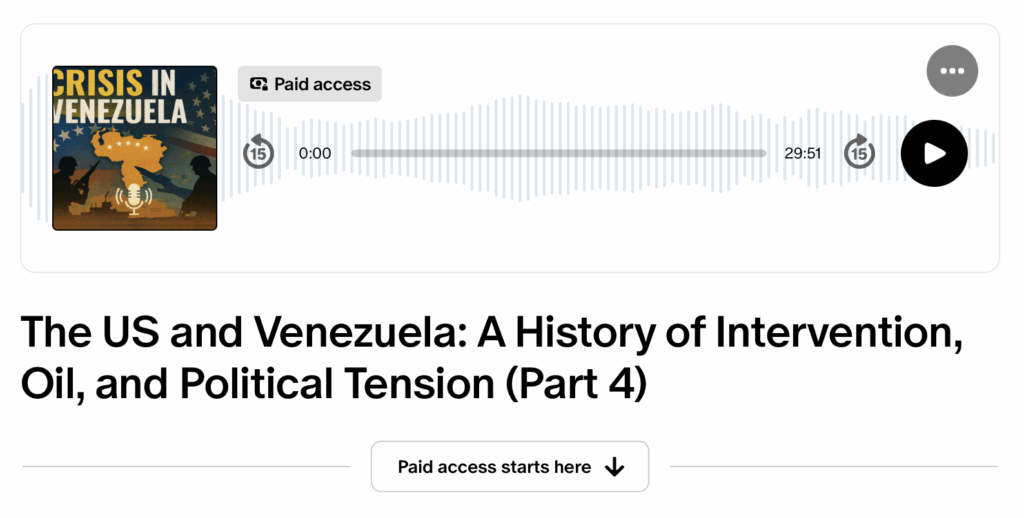The relationship between the US and Venezuela has been shaped by centuries of intervention, oil interests, and political conflict. From the early 19th century, the US invoked the Monroe Doctrine to assert dominance in Latin America, influencing Venezuela’s sovereignty. In 1895, the US mediated a boundary dispute between Venezuela and British Guiana, signaling its growing role in regional affairs.
As Venezuela’s oil industry expanded in the 20th century, American corporations like ExxonMobil and Chevron dominated production. By the 1930s, foreign companies controlled 98% of Venezuela’s oil output, reinforcing economic dependency. Environmental degradation and exploitation followed, while US-backed regimes prioritized foreign investment over local development.
During the Cold War, the US supported anti-communist leaders in Venezuela, including dictator Marcos Pérez Jiménez. Covert operations and economic aid helped suppress leftist movements, shaping Venezuela’s political landscape. This legacy fueled skepticism and anti-US sentiment, especially under Hugo Chávez.
In 2002, Chávez was briefly ousted in a coup allegedly supported by US officials. Relations deteriorated as Chávez expelled diplomats and aligned with Cuba, Russia, and Iran. US sanctions intensified under Presidents Obama, Trump, and Biden, targeting Nicolás Maduro’s regime for corruption and repression.
Sanctions have crippled Venezuela’s economy, contributing to hyperinflation, food shortages, and mass migration. Over 7 million Venezuelans have fled since 2015, with many arriving at the US border. Despite efforts to pressure Maduro, regime change has not occurred.
In 2025, tensions escalated as President Trump deployed naval assets near Venezuela, raising fears of military intervention. The US and Venezuela remain locked in a geopolitical struggle, with oil, ideology, and human rights at the center.
Understanding the US and Venezuela is essential to grasp the roots of Latin America’s instability and the global consequences of foreign policy decisions.






